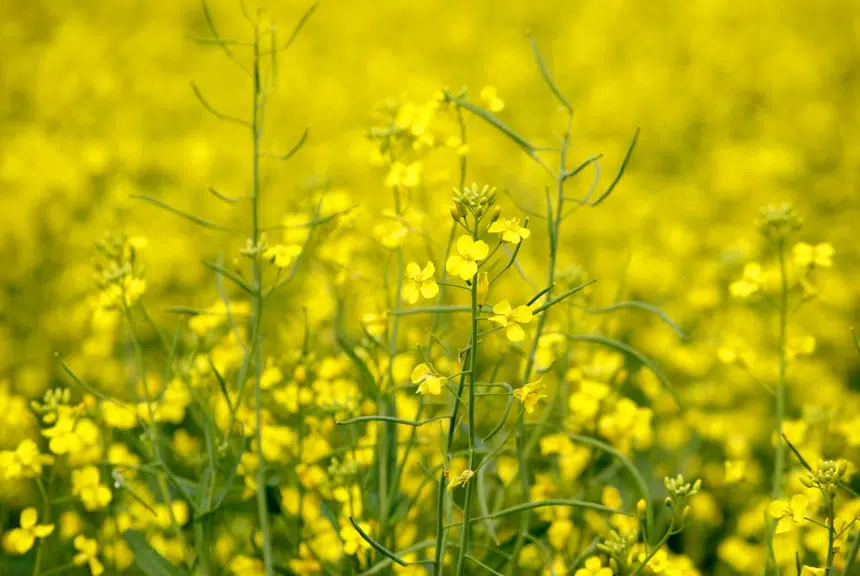While battling grasshoppers and extreme drought, some farmers are reaching out to mental health resources during this difficult season.
Watrous-area farmer Lesley Kelly spoke with the Greg Morgan Morning Show on Thursday about this change in the agriculture community.
“Years ago … even in hard times, we didn’t talk about what that stress was doing and mental health challenges. But now, I have hope with farmers reaching out through the Farm Stress Line, myself or other individuals, that we are making a change,” she said.
She helped launch the Do More Agriculture foundation, a not-for-profit organization that advocates for mental health for farmers across Canada.
Through the foundation they launched Ag Talk, which is a peer-to-peer support platform that farmers can access anonymously for help.
“The great thing about agriculture is we do have some really awesome resources for our farming community. So I would say reach out. When you’re in the cab of the combine and it’s impacting you, talk. Call (or) text someone,” said Kelly.
Through her website, High Heels and Canola Fields, farmers across Canada reach out to Kelly about their own struggles with being a farmer.
“I’ve heard from many across Western Canada and even with our yields being down, it’s not as bad as in 2021. But some areas, they are getting hit hard with grasshoppers and no moisture. So they are feeling it and reaching out and looking for support to get through these hard times,” she said.
She said they are making great changes, but have a long ways to go to completely combat the stigma.
As for Kelly and her own farm, she’s had a busy summer.
“In our area, we had about three inches of rain through the growing season — so not much. Our yields are down but the quality is still there. So we’re hoping for a fast and quick harvest that is moisture-free so we can get it in the bin,” she said.
They’re currently cutting lentils with an average yield of 27 bushels an acre. She would like to see those numbers a bit higher at 35 or 37 but will take whatever they can get.
Some more rain has recently fallen on her farm, but it came too late for this year’s crop. The recent sprinkle will help next year.
“We’re optimistic. But us farmers, we’re making decisions for today and tomorrow, but also for a year from now,” said Kelly.
Her farm experienced some drought and grasshoppers, but not as bad as her neighbours.
“It’s a hard decision to make. You don’t want the field or the crop to be gone by grasshoppers, but it is a lot of money to spray for diseases and insects,” she said.
Overall, she’s thankful for whatever crop her farm can provide.
“We’re not as bad as 2021 but we’re not as good as 2022. But for us, we do have a crop,” said Kelly.







